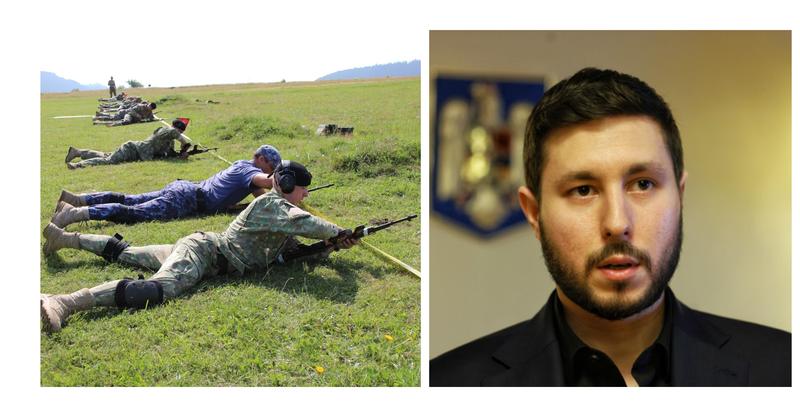Romania will receive through the European Social Fund (ESF) co-financing worth 3.68 billion euro in order to create new jobs and to improve the existing ones, an European Commission press release informs on Thursday. The programs involved in the project refer to improving personal skills, improving public services and creating a more efficient and effective public administration in the country.
The EC release:
The European Commission has made a significant step to help Romania reap the full benefits of EU membership by adopting the Romanian programmes to promote employment. The programmes, which are being co-financed by the EU and the Romanian Government through the European Social Fund (ESF), are a genuine commitment to investing in people and skills. Receiving EUR 3.68 billion (12.89 billion Romanian lei) in EU co-funding, the programmes aim to help people become more skilled to increase their chances of finding a job or staying in work. The programmes also focus on improving public services and creating a more efficient and effective public administration in the country.
Vladimír Spidla, EU Commissioner for Employment, Social Affairs and Equal Opportunities, welcomed the adoption. He said, "Recent EU efforts to boost jobs are showing results. The number of people at work is rising and unemployment is falling. But more needs to be done. Europe must tackle the challenges of globalisation, new technologies, an ageing population and step up research and innovation. The ESF strengthens Europe's capacity to create good jobs and equip workers with the right skills to fill them. But these objectives must be put into practice at national level".
The ESF in Romania will be putting special emphasis on social inclusion, with education and training and lifelong learning playing an important role in this. The European Social Fund recognises the importance of enabling workers and businesses to adapt to a changing economy and will be helping people gain the skills they need to become employed or stay in work. Special effort will also be made to improve public services and achieve a more efficient and effective public administration.
The ESF provides over EUR 10 billion a year across the EU as a whole. At the end of the new funding period 2007-2013, the EU will have contributed some EUR 75 billion to the 27 Member States. This represents more than 10% of the total budget of the European Union. Member States and regions draw up their own ESF Operational Programmes so they can respond to the real needs "on the ground". The Romanian ESF strategy will be implemented through two Operational Programmes, titled 'Human Resources Development' and 'Administrative capacity'. In Romania the ESF-funded Operational Programme will be receiving a combined total of EU and national co-funding of EUR 4.33 billion over the next seven years.
Background on the European Social Fund
The European Social Fund, created in 1957, is the European Union's main financial instrument for investing in people. It focuses on five key areas:
- helping workers and companies adapt to a constantly changing economy;
- increasing access to employment and participation in the labour market
- improving training and skills - both for individuals, and through better education and training systems;
- reinforcing the social inclusion of disadvantaged people and combating discrimination in the labour market;
- promoting partnerships for reform in the fields of employment and inclusion, for example between employers, trade unions and non-governmental organisations
In some Member States and regions, the ESF can also support actions to improve the capacity and effectiveness of public administrations and public services.



















